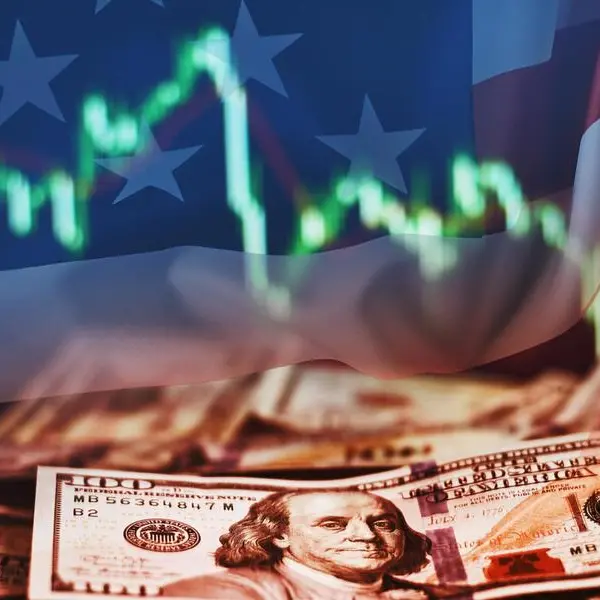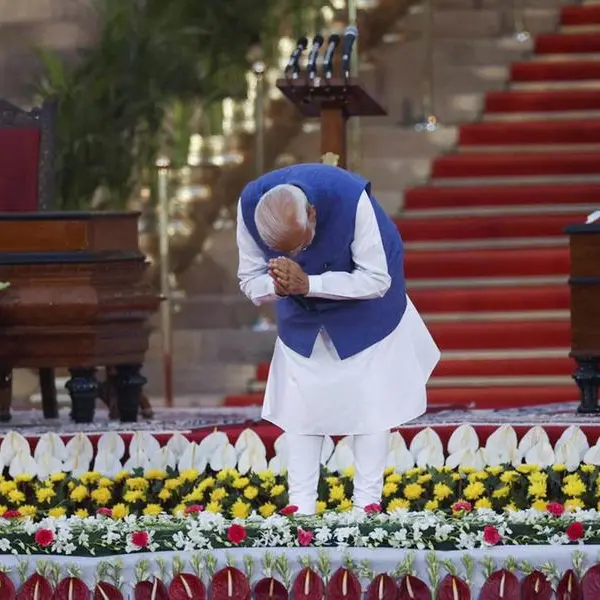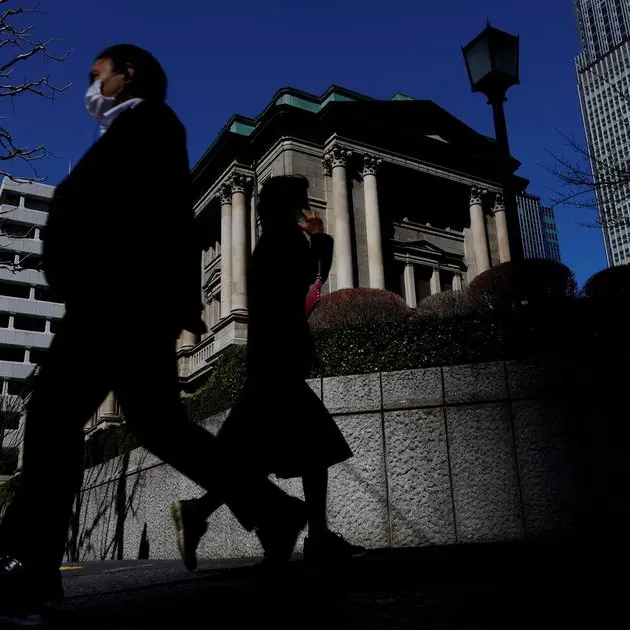PHOTO
LEHIGHTON, Pennsylvania - George Stawnyczyj voted for Donald Trump twice. On domestic policy, he gives the former president top marks. But he'll stay home on Election Day should Trump win his party's nomination to take on Joe Biden in 2024.
Stawnyczyj is an official in the Republican Party in rural Carbon County, Pennsylvania. He's also Ukrainian-American and can't stomach Trump's criticism of aid payments to war-torn Ukraine nor his habit of complimenting Vladimir Putin.
"The way Trump is talking right now, getting into bed with Putin, there's no way I can support him," Stawnyczyj, a retired truck driver, told Reuters at his home in the Appalachian Mountains.
The votes of Ukrainian-Americans - traditionally a Republican-leaning bloc - could have an outsize impact on the 2024 general election, according to some lawmakers, strategists and advocates, plus a Reuters analysis of U.S. census data.
While the number of Americans who identify as being of Ukrainian descent is relatively small at about 1 million, they are densely distributed in a string of unusually competitive areas where their votes could potentially be decisive.
In Pennsylvania and Michigan, the size of the Ukrainian-American community outstrips Trump's margin of victory in 2016, according to the analysis. In at least 13 congressional districts across the country, it exceeds or roughly matches the margin of victory by either party in the 2022 midterm elections.
Stawnyczyj is one of many Ukrainian-Americans who plan to sit out the 2024 election or even vote Democrat for the first time, according to interviews with 22 Ukrainian-American activists, elected officials, community leaders and voters, as well as a dozen officials and strategists that interact with the community.
Their reason: disinterest among top Republican lawmakers and some of the party's 2024 White House hopefuls in defending their ancestral homeland following Russia's invasion last year, a stance set in stark relief to President Biden's full-throated support of Ukraine and its leader Volodymyr Zelenskiy.
The Ukrainian-Americans interviewed all said they felt angry - in some cases betrayed - by the Republican Party. They said they were less likely to vote for a candidate that didn't support Ukraine, with most ruling out a vote in either the primaries or the general election for Trump or Florida Governor Ron DeSantis, the leading contenders for the Republican nomination.
During a CNN town hall last week, Trump refused to say if he wanted Ukraine to win its war with Russia, when questioned about the conflict. He has repeatedly praised Putin in the past, calling him a "genius" after he invaded Ukraine last year.
DeSantis, who is expected to launch a presidential bid next week, has criticized the Biden administration's "blank-check" funding for Kyiv and said it was not a vital national interest for America to become "further entangled in a territorial dispute between Ukraine and Russia".
Neither politician responded to requests for comments about the Ukraine war, nor did the Republican National Committee.
Republican candidates that have pledged to back Kyiv, including former UN Ambassador Nikki Haley, have meanwhile failed to gain traction in opinion polls.
'IT WILL MAKE A DIFFERENCE'
In Pennsylvania, about 92,000 people identify as Ukrainian-American - more than double Trump's margin of victory here in 2016 of 44,000 votes, and also exceeding Biden's margin of 81,000 in 2020, according to the Reuters analysis. Michigan has roughly 33,000 Ukrainian-Americans, more than Trump's 2016 margin of about 11,000 votes.
The 13 congressional districts where the community is larger than or similar to the margins of victory in the midterms were identified in New York state, Pennsylvania, Michigan, Washington state, Connecticut, California and Colorado. Republicans and Democrats won about half of the districts each.
The Census Bureau produces estimates of the Ukrainian-American population based on an annual nationwide survey. While the data does not provide information on the age of Americans in most states and congressional districts who identify as having Ukrainian ancestry, the bureau says about four-fifths of the overall Ukrainian-American population is of voting age.
In the coalfields of eastern Pennsylvania where Stawnyczyj lives and where the Republican and Democratic parties fight tooth-and-nail for control, the Ukrainian population exceeds 10% in some towns.
Democratic U.S. Representative Susan Wild, who won Stawnyczyj's district by less than 5,000 votes in 2022, said that courting the Ukrainian-American vote would be crucial.
She is in regular contact with her district's Ukrainian community, members of which donated to her campaign and made calls on her behalf in the last election.
"When you're talking about races like the one I came out of with really small margins, even a small bloc of people makes a big difference," she said in an interview.
"Certainly in Pennsylvania, it will make a difference."
'A ONE-ISSUE ELECTION'
It is still early in the election cycle. But many Ukrainian-American activists say they are organizing like never before to push lawmakers to back Ukraine. Some Democrats are also looking to exploit top Republicans' position on Ukraine to win over votes.
Late last month, 62 pro-Ukrainian groups coordinated to blitz Capitol Hill, turning up en masse to lobby legislators to support various pieces of legislation that would aid Ukraine's war effort.
American Bridge, a major fundraising group that supports Democratic candidates, is considering running ads targeting the Ukrainian-American community in some districts highlighting Republican presidential candidates' positions on the war in Ukraine, according to a person familiar with the organization's internal deliberations.
The group is currently researching Republican candidates' past comments on the issue, the person said.
Emily Rutkowski, government advocacy and outreach co-chair of the Ukrainian-American Crisis Response Committee of Michigan, said her group - a coalition of organizations and individuals formed to aid Ukraine during the war - is putting together a voting guide for their members in metropolitan Detroit.
That guide will make voting recommendations based on candidates' views on Ukraine.
"For a lot of Ukrainians, it will be a one-issue election," Rutkowski said, referring to the war.
While there is little data on Ukrainian-American voting patterns, many of the community leaders, voters and strategists interviewed said the group had traditionally backed Republicans due to their negative experiences with Soviet communism. During much of the 20th century, the Republican Party adopted a confrontational stance towards the Soviet Union, and much of the party continues to emphasize the benefits of free-market economics.
Among Russian-Americans, the vast majority oppose Putin's invasion of Ukraine, according to public polling. Ukrainian-American advocates who have received support from the Russian-American community attributed those attitudes in part to the availability of independent media in the United States.
DESANTIS' 'IDIOTIC STATEMENT'
Among the Ukrainian-Americans that Pennsylvania representative Wild is in contact with is Father Richard Jendras of the St. Mary's Ukrainian Orthodox Church in Allentown.
While Jendras is careful about talking politics during religious services, he said based on his conversations with parishioners, it appeared a significant number who had supported Trump in past elections were now thinking of abandoning him.
Jendras recalled a meeting with members of the area's Ukrainian clergy shortly after the comments made by DeSantis in March, in which he described the war as a "territorial dispute."
"They said, 'What an idiotic statement,' 'How could he say that?'" he said. "Among Ukrainians that was felt as a total insult."
Some interviewees said they would vote in the primary race for a long-shot Republican candidate who was more supportive of Ukraine.
Stawnyczyj, the Republican official in Carbon County, said he liked Chris Christie, the former governor of New Jersey. His friend Michael Saciw said he favored former Vice President Mike Pence. Neither of those politicians has declared a presidential bid, though both are openly pondering it.
Both Christie and Pence have consistently backed aid for Ukraine.
"If Trump wins, he's not getting my vote," said Saciw, who was born in Ukraine. "And a lot of people around here feel the same way."
(Reporting by Gram Slattery; Additional reporting by Jeff Mason and Jason Lange in Washington, and Nathan Layne in Wilton, Connecticut; Editing by Ross Colvin and Pravin Char)





















